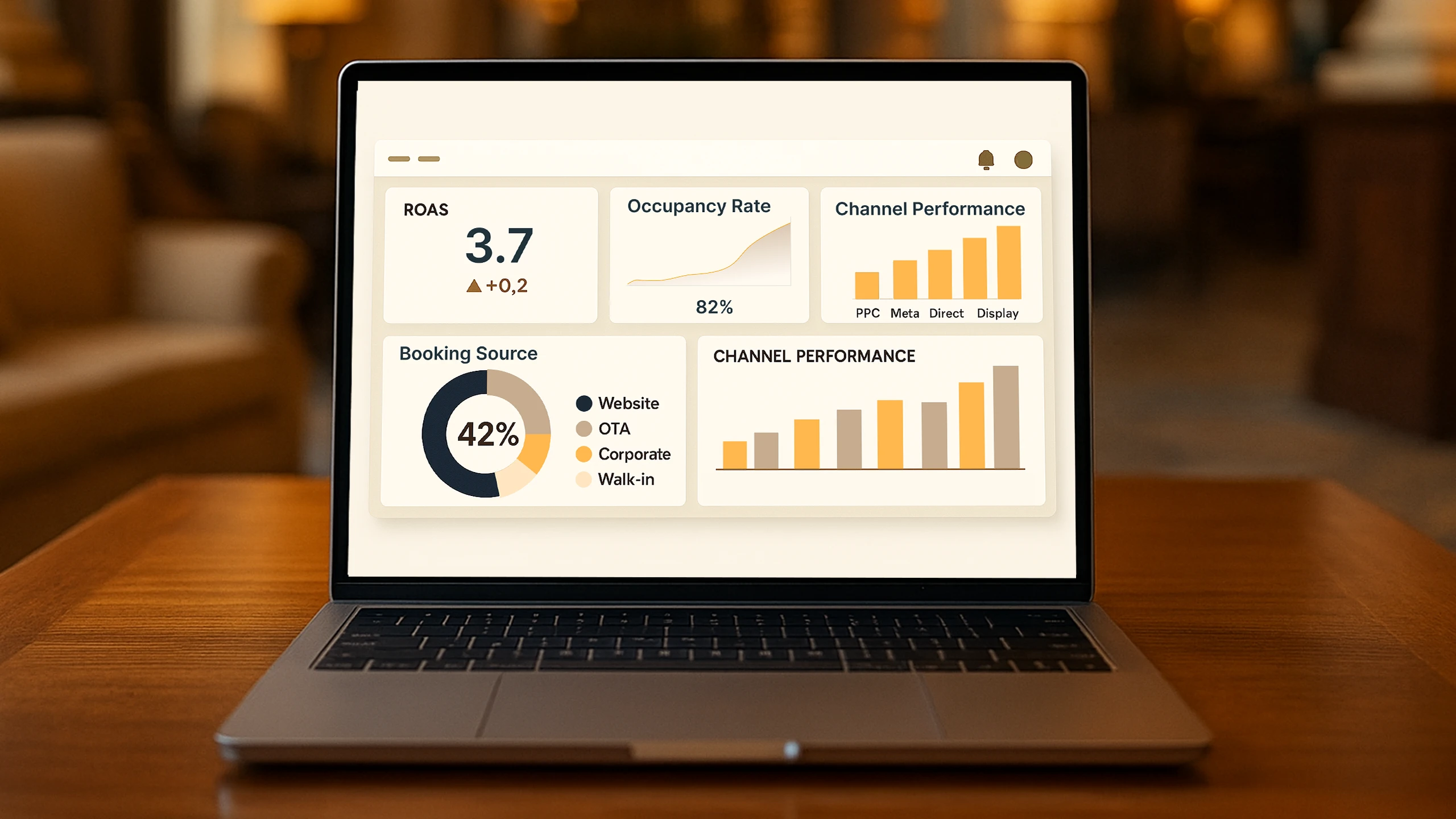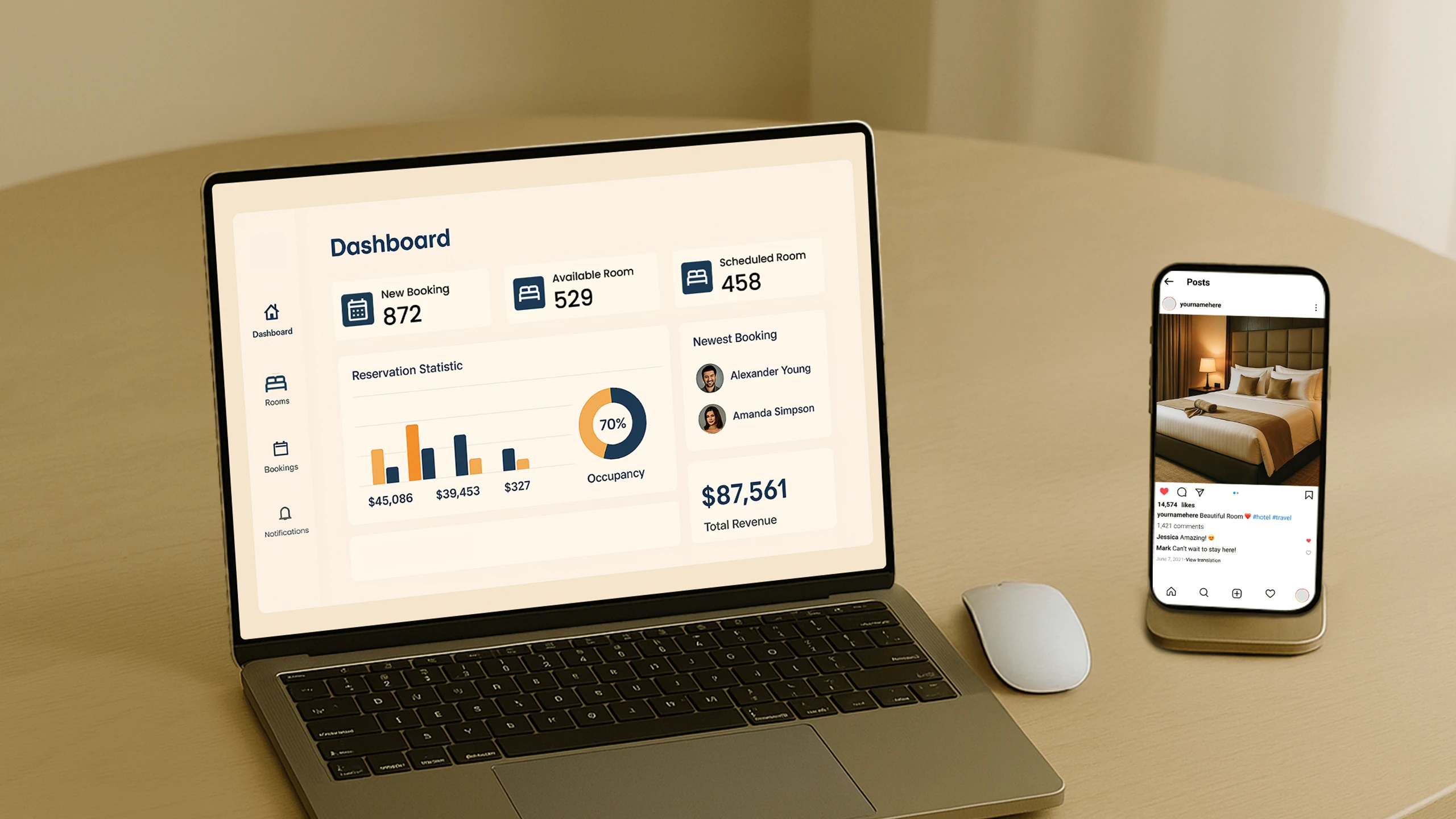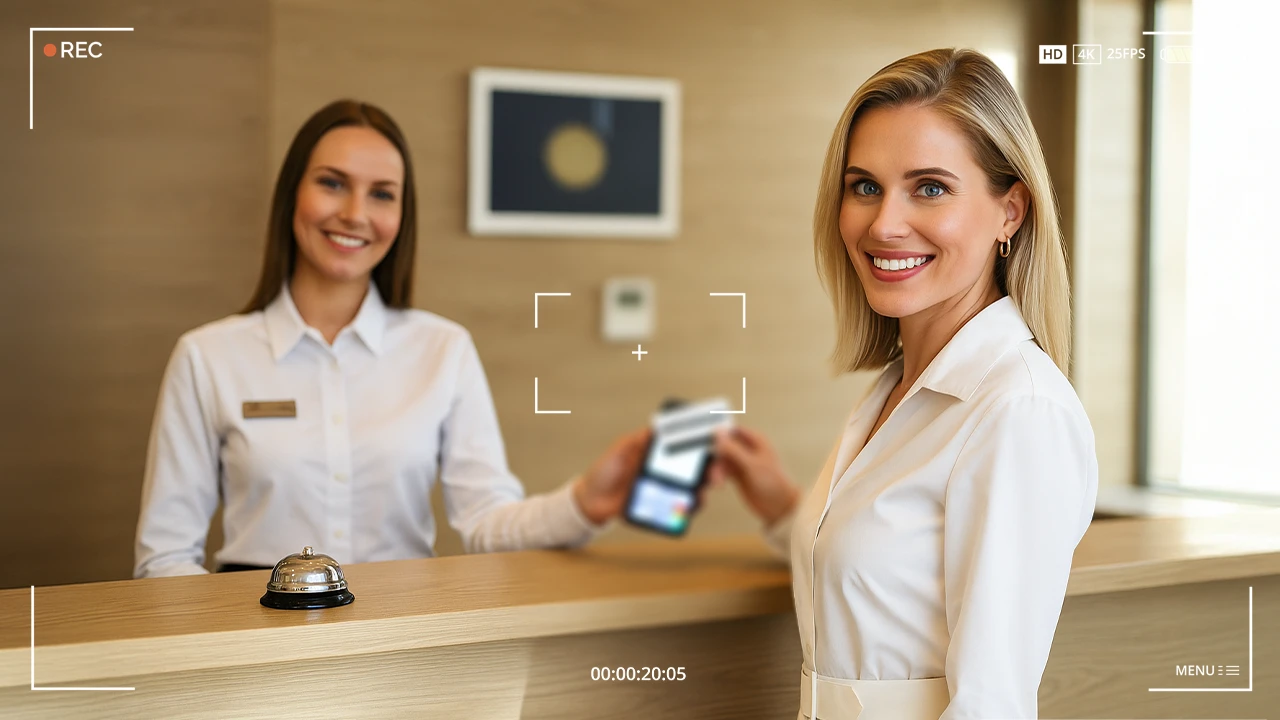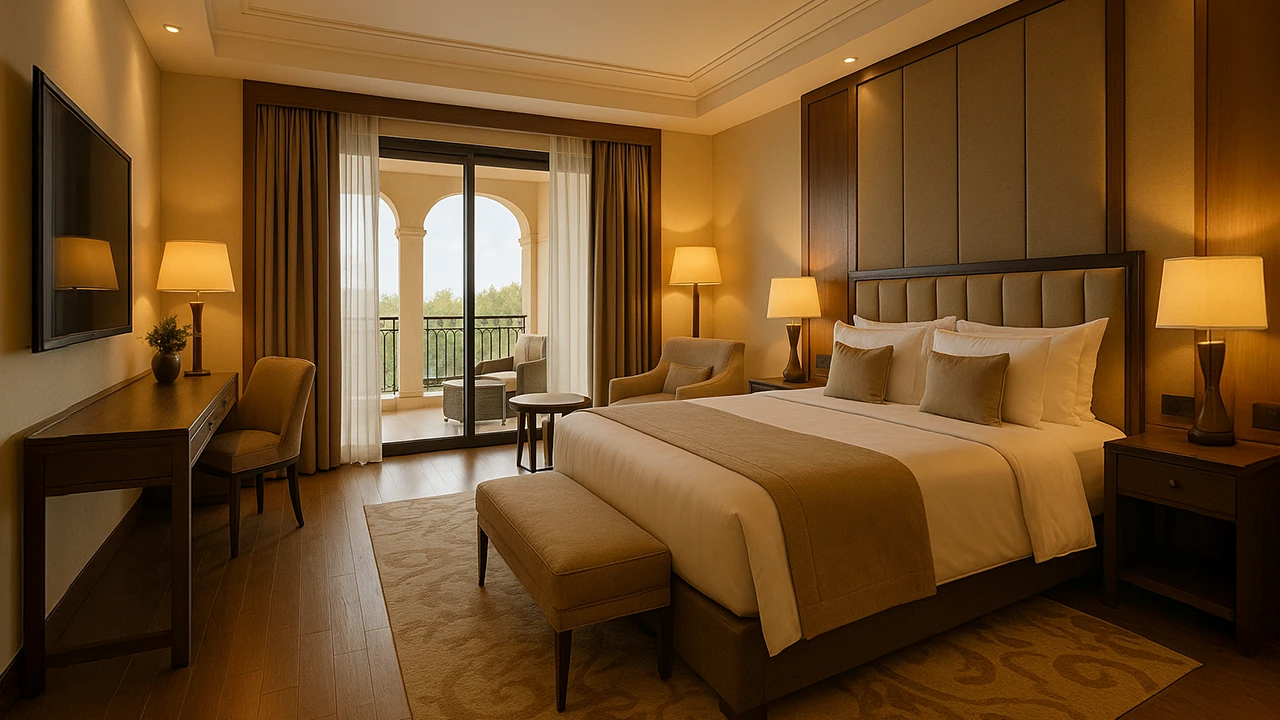In 2026, the hospitality business will be evolving rapidly. Direct bookings will rise, and guest behavior will shift towards AI-driven search, social proof, and ultra-personalized experiences.
Most hotels still rely on traditional SEO and online travel agency strategies, but the reality is: digital visibility today is more than just ranking on Google.
A fragmented online presence means losing control over guest acquisition. But a cohesive, strategic approach, especially on social media for hospitality, can turn every digital touchpoint into a direct revenue stream.
| This is your go-to resource for understanding the importance of social media for hospitality. We'll explore: |
Here’s what most hotels miss, and how you can fix it.
1. Your website should mimic the best-performing OTAs
Most hotel websites are outdated. They don’t guide guests toward direct bookings the way OTAs do. If your website isn’t structured like an e-commerce store, you’re losing guests before they even consider booking.
- Look at how Airbnb or Booking.com showcase properties – filters, personalized recommendations, urgency-driven CTAs. Your site should do the same.
- Use real-time pricing, dynamic upselling, and a mobile-first design to compete with OTAs. Crucially, ensure your mobile experience is lightning-fast. Consider implementing Accelerated Mobile Pages (AMP) for your key landing pages to provide near-instant loading for mobile users arriving from search results. Alternatively, explore Progressive Web Apps (PWAs) to offer an app-like experience directly through the mobile browser, enhancing speed, offline access, and engagement.
- AI-powered website chatbots (like Asksuite) can increase social media engagement by guiding visitors toward direct bookings just like OTA customer support.
Insight: The highest-converting hotel websites mimic OTA booking flows, reducing the need for guests to leave and compare.
2. Social media for hospitality: Stop posting, start selling
Most hotels use social media as a photo album. That’s why social media engagement is low.
Instead, treat it like a direct sales channel:
- Meta’s ‘Book Now’ API Integration – Guests can now book directly via Instagram & Facebook without leaving the app. Few hotels are leveraging this.
- Influencer Partnerships, But With Conversion Metrics – Don’t just invite influencers. Use their audience data to track how many actual bookings their content drives.
- AI-Driven Guest Retargeting – Your past website visitors are 10X more likely to book if retargeted on social media for hospitality with a personalized ad.
Insight: Hotels using direct booking integrations on Instagram & Facebook see up to a 20% increase in bookings vs. those just posting content.

3. Your Google business profile is more important than your website
Over 65% of hotel bookings start on Google, not your website. But most hotels treat their Google Business Profile as an afterthought.
Here’s what you need to do:
- Google Hotel Ads – This lets you compete directly with OTAs for high-intent searches.
- Q&A Section Optimization – Many hotels ignore this, but travelers use it to ask critical booking questions. Answering them boosts conversion rates.
- Live Pricing & Instant Booking – Google lets hotels list live rates directly, but most still push users to OTAs instead of direct booking pages.
Insight: Google Business Profile is the first thing guests check before booking. Optimizing it is more effective than most social media strategies.
4. Guest reviews are now a search ranking factor
TripAdvisor, Google, and Booking.com prioritize hotels with high review volume and response rates.
Hotels with more reviews & faster responses outrank competitors—even if they have fewer backlinks or a weaker website.
How to leverage this:
- AI-Powered Sentiment Analysis – Platforms like ReviewTrackers analyze guest feedback patterns to predict and resolve issues before they escalate.
- Review Velocity Matters More Than Rating – A hotel with 100+ recent 4.5-star reviews ranks higher than one with 5 perfect but outdated reviews.
- Personalized Responses Convert Guests – Guests who see thoughtful, unique responses are 2X more likely to book.
Insight: Reply speed and review volume now directly impact how your hotel ranks on Google & OTAs.
5. Email marketing for hotels is broken: Here’s how to fix it
Most hotels only send confirmation emails – a massive wasted opportunity. Email marketing for hotels can drive 15-20% more repeat bookings if done right.
- AI-Powered Email Personalization – Send guests hyper-relevant offers based on their previous stay preferences.
- Loyalty Without a Formal Program – Offer exclusive deals to past guests without forcing them to sign up for a membership.
- Abandoned Booking Emails – Many hotels fail to follow up when a guest checks rates but doesn’t book. This one change can recover up to 30% of lost bookings.
Insight: Hotels using AI-driven email automation see 50% higher conversion rates than those using manual campaigns.
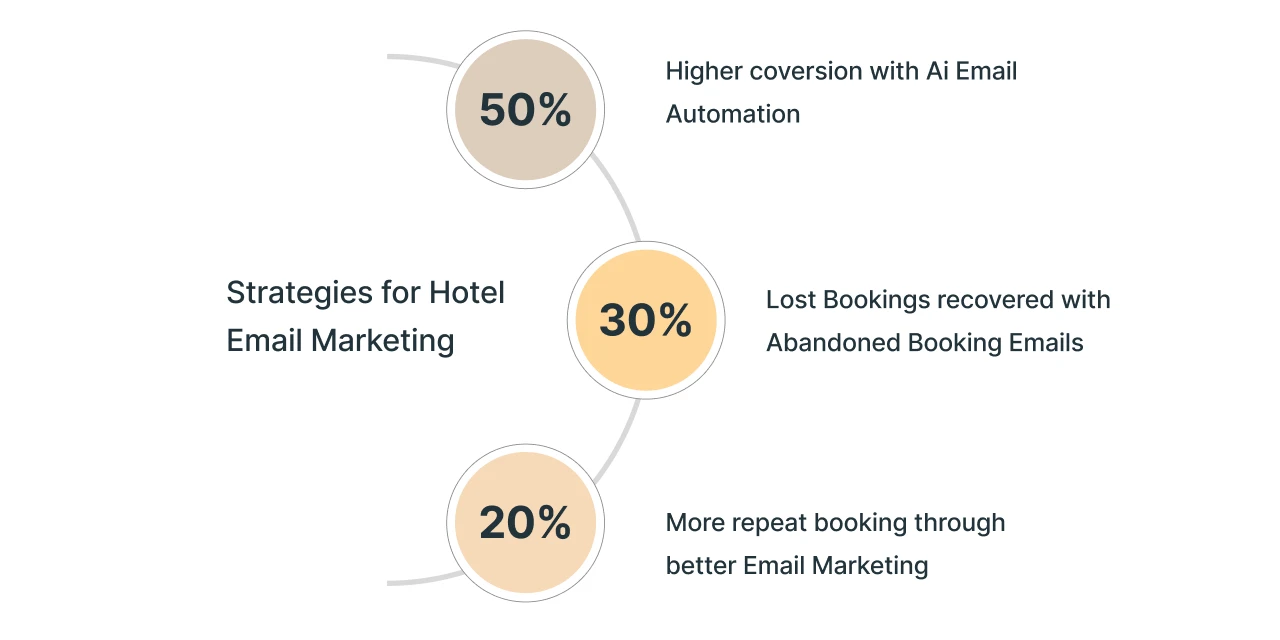
6. Direct booking incentives that actually work
Most hotels offer discounts for direct bookings, but that’s not always the best strategy.
Instead, consider value-driven offers:
- Personalized Perks Over Discounts – Free spa access or early check-in is more attractive than a 5% discount.
- Limited-Time Upgrades for Direct Bookers – Let guests know they get room upgrades if they book within 24 hours – this works better than generic discounts.
- VIP Access to Experiences – Partner with local tour operators to bundle exclusive activities for direct bookers only.
Pro Tip: Marriott reduced OTA dependency by 20% by offering member-exclusive discounts on direct bookings.
FAQs: Social media for hospitality in 2026
- Why is social media for hospitality essential in 2026?
Social media for hospitality is no longer just about visibility. It plays a direct role in how guests discover, compare, and choose a hospitality business. In 2026, strong social media engagement helps hotels influence booking decisions, build trust, and reduce reliance on OTAs. - How does social media support digital marketing for hotels?
Social media is a key pillar of digital marketing for hotels, working alongside websites, paid ads, and email marketing for hotels. It drives traffic, supports remarketing, captures guest intent early, and strengthens brand recall throughout the booking journey. - Which platforms drive the best social media engagement for hospitality brands?
Platforms like Instagram, TikTok, Facebook, and YouTube drive the highest social media engagement for hospitality brands by focusing on visual storytelling, short-form video, and real guest experiences. Each platform supports different stages of the guest journey, from inspiration to booking. - Can small hospitality businesses benefit from social media marketing?
Absolutely. Social media for hospitality levels the playing field for small hotels and independent hospitality businesses. With consistent content, local storytelling, and smart engagement strategies, smaller brands can attract high-intent guests without large advertising budgets. - How should social media integrate with email marketing for hotels?
Social media and email marketing for hotels work best when aligned. Social channels capture attention and engagement, while email nurtures relationships, promotes offers, and drives repeat bookings. Together, they create a connected, data-driven marketing ecosystem.
Final thoughts: The digital hospitality business is changing
A strong online presence isn’t just about being visible – it’s about being strategic across every guest touchpoint.
- Your website must be optimized like an OTA for direct bookings.
- Social media for hospitality should be treated as a direct revenue channel.
- Google Business Profile is your most important search asset.
- Guest reviews now impact search rankings and bookings.
- Email marketing for hotels is an underused, high-ROI channel.
- Online travel agency strategies should be applied to your direct booking approach.
Hotels that embrace these changes will outperform their competitors. Those that rely on outdated strategies will keep losing revenue to OTAs and AI-driven booking platforms.
The question is: Will your hotel adapt or fade into digital obscurity?







